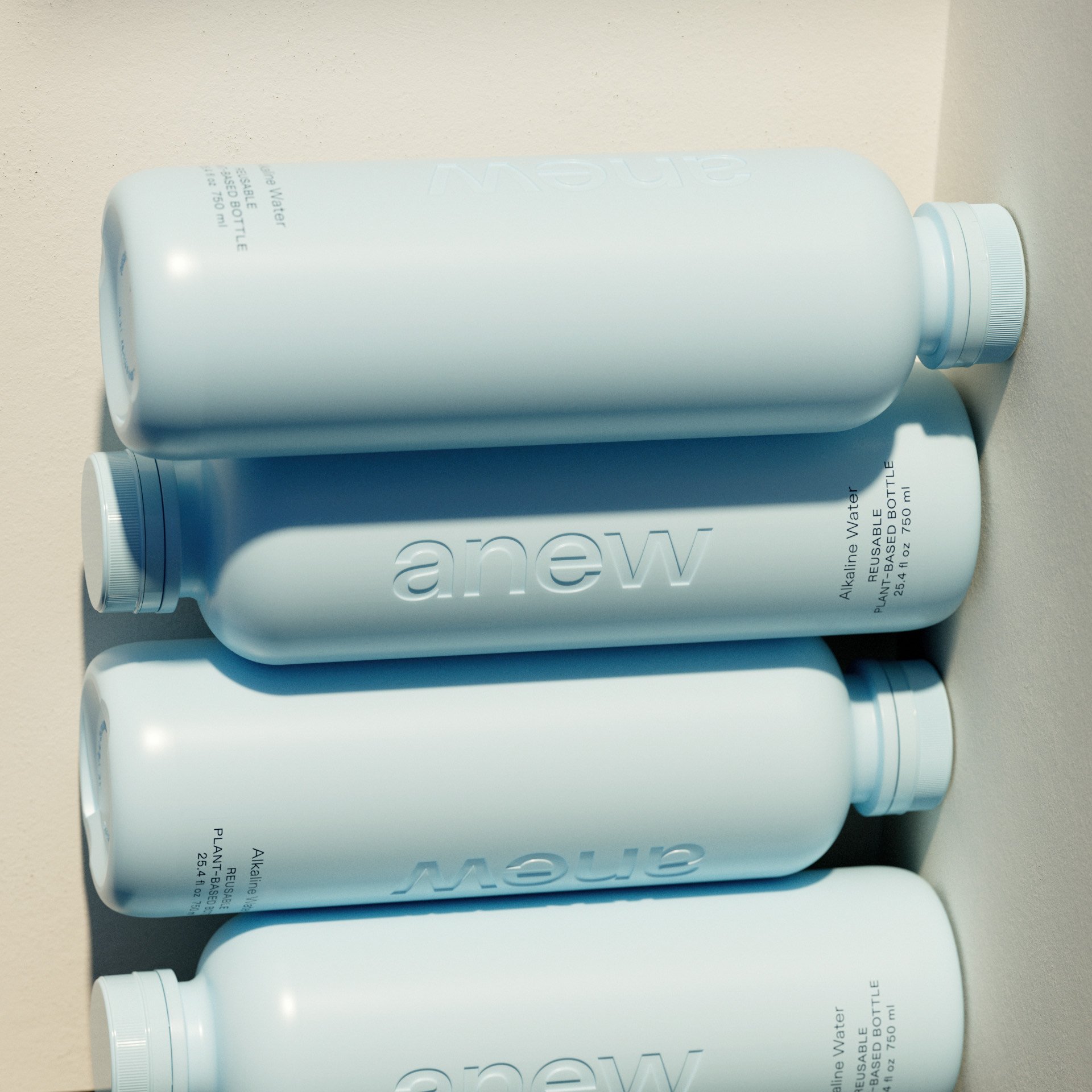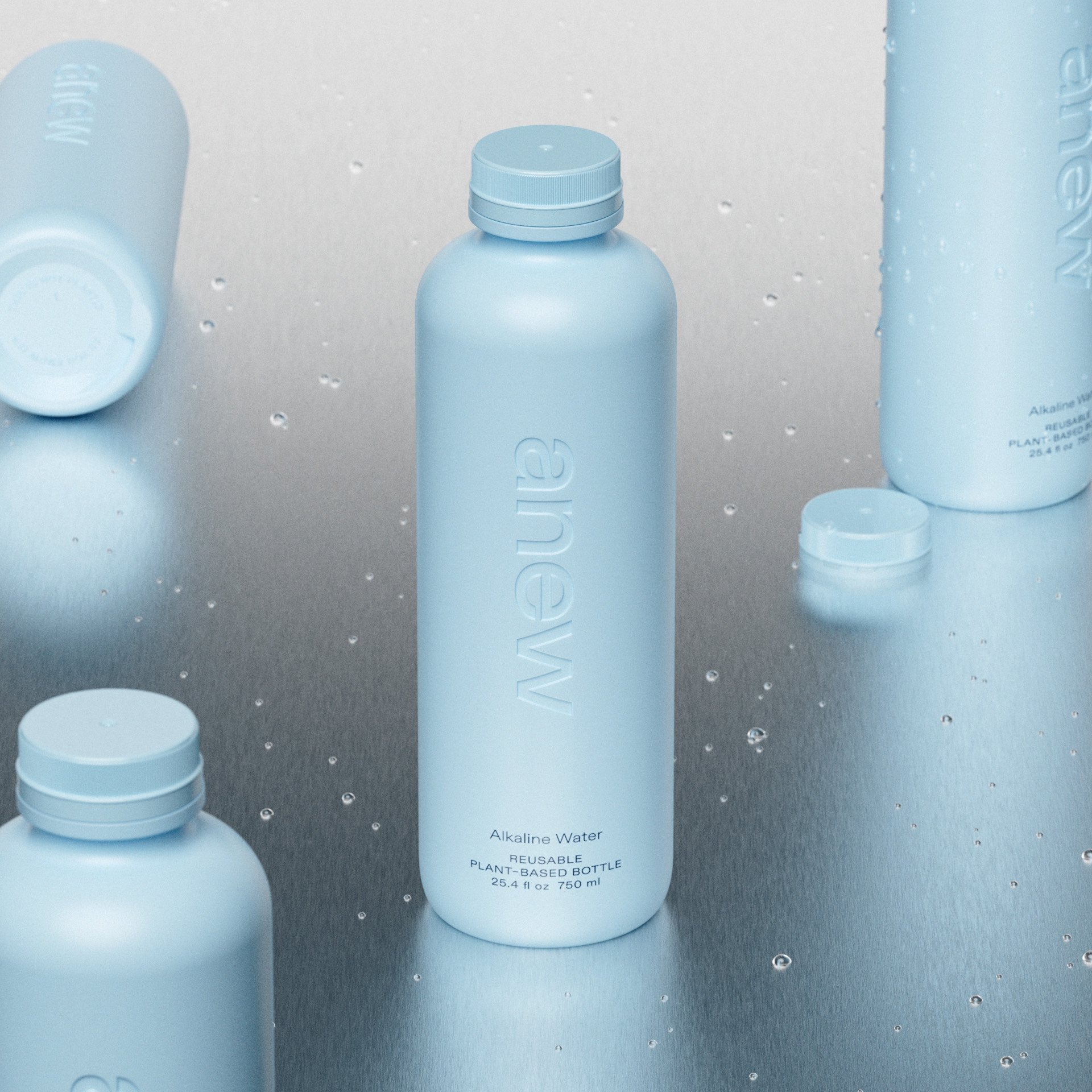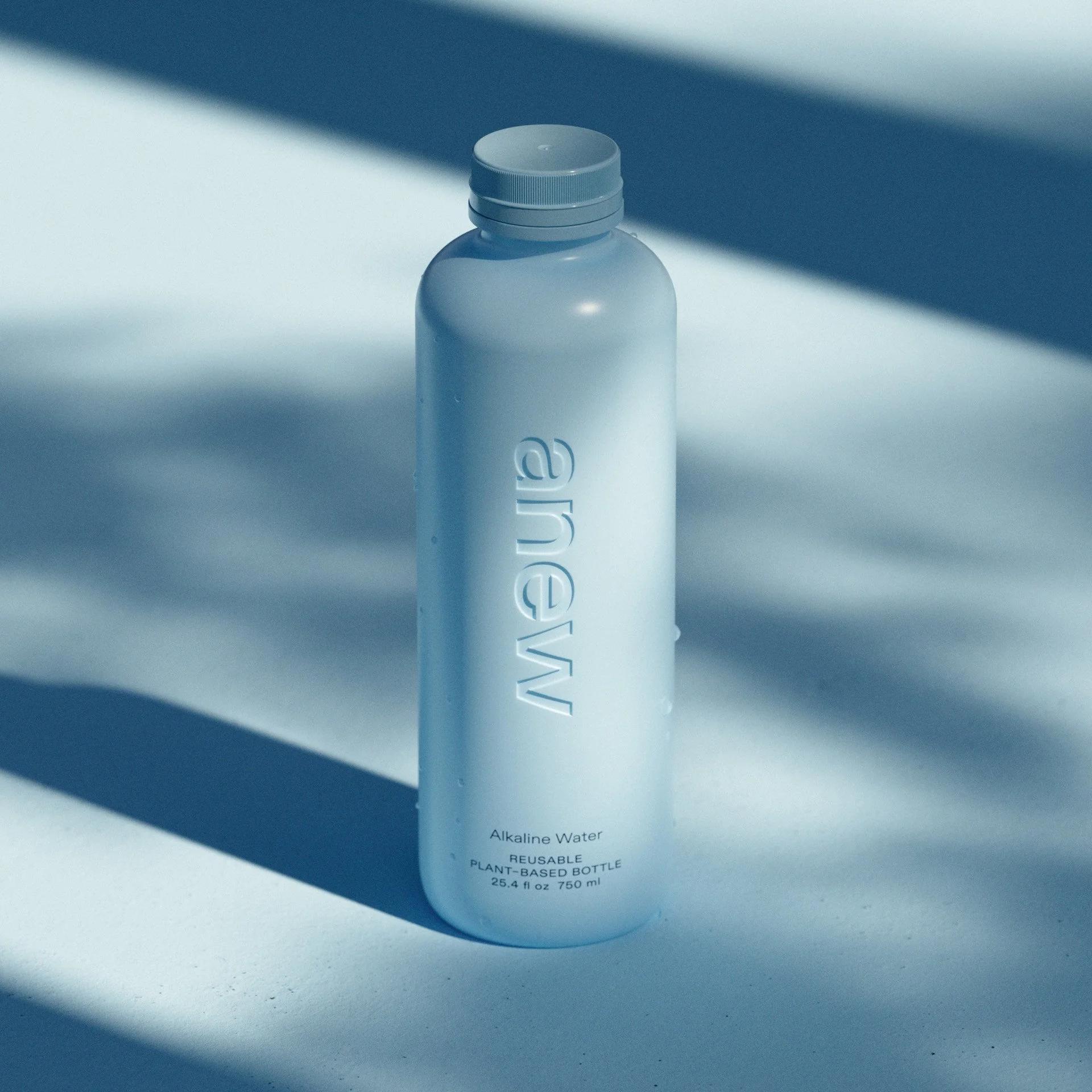
Anew is challenging the single-use plastic industry by producing plant-based biomaterials and launching ‘Recircle’ - a closed-loop system for reuse and recycling.
Why we invested
Anew’s environmental impact is core to its business model: reducing reliance on traditional plastics and other materials made from finite resources such as glass and aluminium through the use of biomaterials and enabling closed-loop recycling via its Recircle system. While this was the foundation of our original impact thesis, what set Anew apart was their ambition to drive systemic change in the packaging industry through continuous product innovation and infrastructure development.
Since Soul Capital’s first investment, Anew has been gaining strong commercial traction, expanding into markets across Asia and the US.
Through Recircle, Anew has engaged the disability work-integration social enterprise, Will&Able, to wash and sterilise the packaging to be reused.
Transaction Summary
IRIS+ is a set of generally-accepted system created by the Global Impact Investment Network (GIIN) to standardise impact metrics and themes.
Measuring What Matters
Single use packaging is causing significant environmental damage, both from production and disposal.
Production of biomaterials alternatives to replace traditional packaging, like PET, glass, and aluminium, with an initial focus on water bottle production.
Anew is targeting everyday consumers who seek a better choice for sustainability and/or health reasons.
Scale: End user reach of environmentally conscious consumers who have purchased an Anew bottle.
Depth: Effect on consumer choices to reuse water bottles instead of purchasing single-use products.
Duration: Te Taiao experiences ongoing benefits as carbon is sequestered upon production of Anew bottles; benefit continues as long as individuals use Anew bottles instead of other materials.
While alternatives to plastic solutions aren’t new to the market, Anew’s carbon-sequestering solution and PHA material R&D offer greener options where single-use plastics would otherwise have been used.
Long-term impact is two-fold, by producing more bottles, more carbon is sequestered, or if customers reuse the bottles resources are preserved. Either way is a net positive for the environment.
Avoided emissions (kg CO₂e): Quantitative measure of emissions prevented by choosing Anew over PET, glass, aluminium, etc.
Carbon sequestered (kg CO₂e): Quantitative measure of carbon captured in each Anew bottle’s production.
Qualitative insights: Gathered to capture industry and consumer engagement as Recircle rolls out across Aotearoa.
Impacts of enterprises on people and the planet can be understood across five dimensions, as defined by the Impact Management Project.





